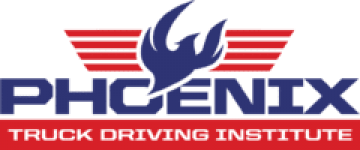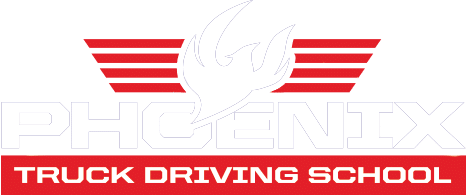Endorsements are additional qualifications that can be added to your commercial driver’s license (CDL) and that allow you to operate different types of vehicles. To earn endorsements, you must pass additional written tests. At our truck driving schools, we help students earn three endorsements: hazardous materials (hazmat), tanker, and doubles/triples.
The doubles/triples endorsement allows you to drive commercial vehicles with more than one trailer attached. These are also known as long combination vehicles or LCVs.
More information about this endorsement:
Benefits of the Doubles/Triples Endorsement
LCVs can transport more cargo, which means motor carriers pay more for drivers who are able to take on these hauls. Even if you don’t think you’ll use this endorsement during your career, it’s still helpful to have it just in case and can set you apart from other applicants when applying to trucking jobs.
Earning the LCV Endorsement
In order to earn your doubles/triples endorsement, you’ll need to pass a written exam with multiple-choice questions. This exam covers material from Section 7 of the CDL manual, which is broken down into subsections. Studying these will help you prepare for the written test.
These subsections are:
Pulling Double/Triple Trailers
This subsection covers some of the major areas of concern to be aware of when pulling two or three trailers. You will need to know how to prevent the trailer from rolling over and must be even more cautious in adverse conditions. Additionally, you will need to be prepared to manage space since LCVs are larger than other commercial vehicles. Parking can also present a challenge and you’ll need to be cautious to make sure you don’t get stuck in a spot that is difficult to leave.
Coupling and Uncoupling
With doubles and triples, it’s essential to know how to couple and uncouple the trailers correctly. This section of the CDL manual includes detailed instructions for coupling and uncoupling twin and triple trailers. You should know these steps and also need to be aware that the manual does not cover every possible trailer combination. When you hit the road, you need to know how to couple and uncouple the trailer you are hauling.
Inspecting Doubles and Triples
Long combination vehicles have more parts to inspect than a standard tractor-trailer. You will need to fully inspect all trailers, as well as the coupling system. The manual has a full list of additional parts to be aware of when inspecting a double or triple trailer.
Doubles/Triples Air Brake Check
You will need to perform an air brake inspection on any vehicle equipped with one of these systems before you hit the road. With an LCV, you will need to perform additional checks to be sure the air goes to all attached trailers. You will also need to test the trailer protection valve, emergency brakes, and service brakes.
Earn Your CDL With Endorsements
If you are interested in starting your trucking career, Phoenix Truck Driving School can help. You can earn your CDL and three endorsements in as little as four weeks with our accelerated programs. We have schools in Arizona, New Mexico, and Texas.
To learn more about CDL training, contact us today.



